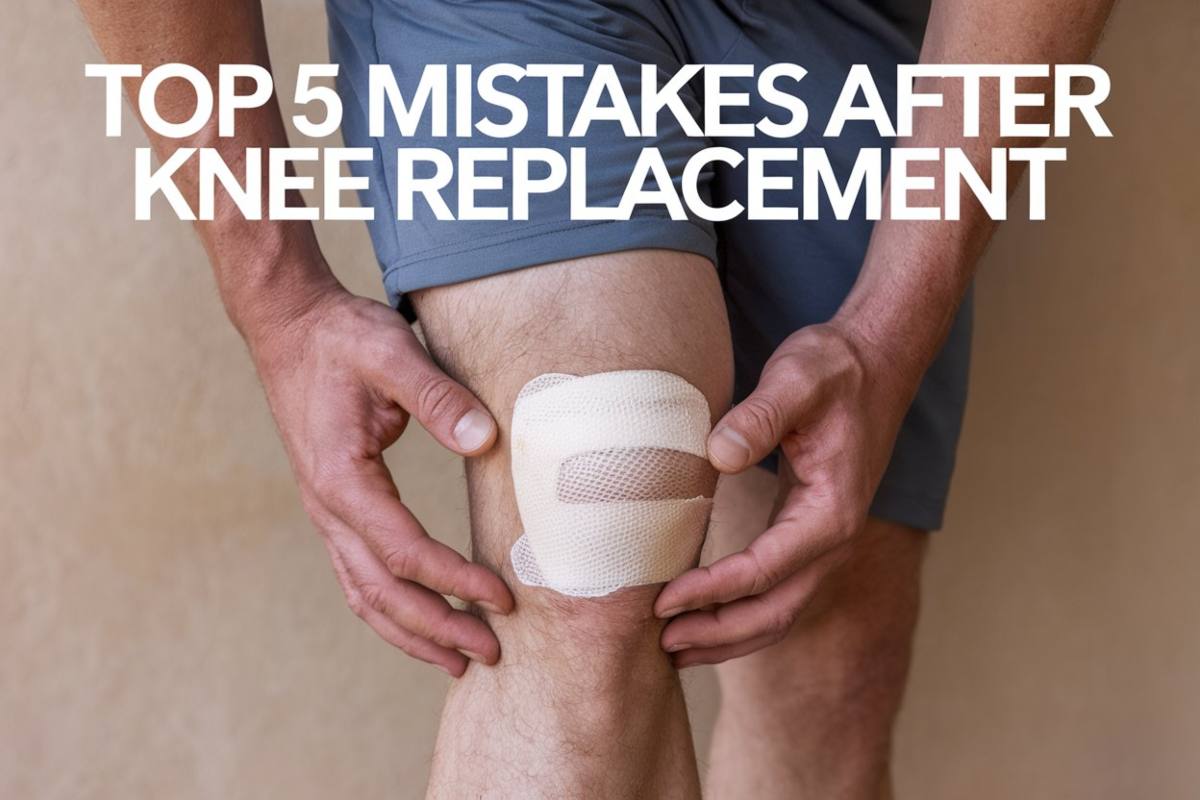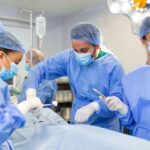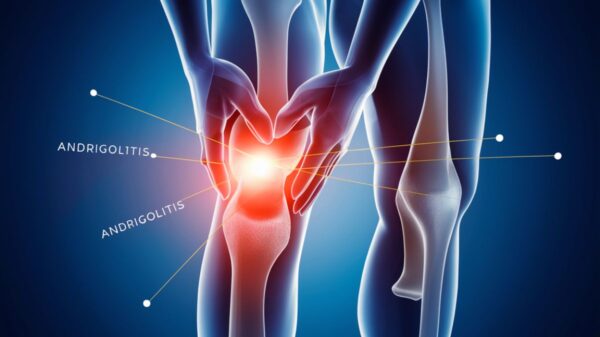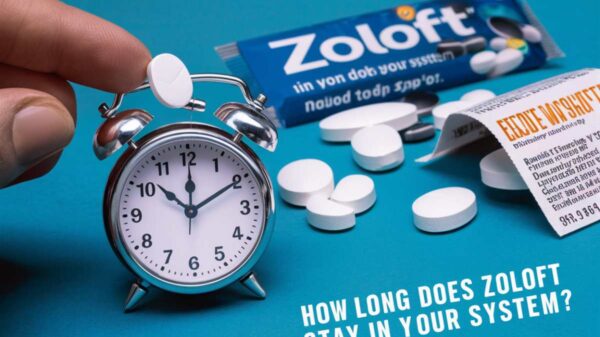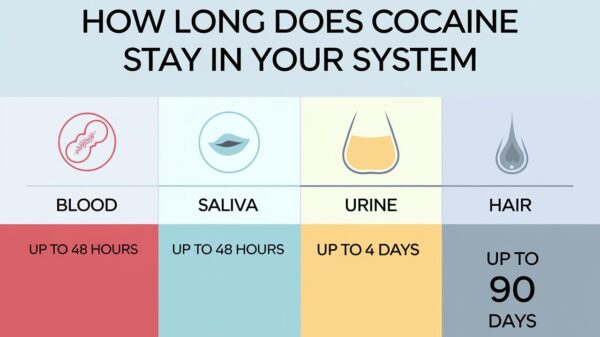Knee replacement surgery, or knee arthroplasty, significantly enhances mobility & quality of life for those suffering from chronic knee pain or joint degeneration. However, while the surgery is a crucial step toward better health, the recovery process is equally vital in ensuring long-term success. Unfortunately, many patients make common mistakes during their recovery that can slow progress or lead to complications. This article explores the top 5 mistakes after knee replacement surgery and offers essential tips for avoiding them for a smoother, more successful recovery.
Doing Too Much Too Soon
The Risks of Overexertion
After knee replacement surgery, feeling eager to return to normal activities is natural. Whether it’s resuming work, exercising, or engaging in daily hobbies, the desire to regain independence is common. However, overdoing it too soon can have serious consequences. Pushing your body too hard can lead to increased pain, swelling, & even damage to the newly placed knee joint.
Understanding the Recovery Timeline
The recovery process after knee replacement surgery is gradual.Your body needs time to heal, and it’s essential not to rush the process. According to most healthcare providers, you should follow specific activity guidelines to avoid overexertion. Doing too much too soon can increase your risk of complications, such as blood clots, joint instability, or prolonged recovery periods.
How to Avoid This Mistake
- Listen to your body: How your knee feels after physical activities. If pain or swelling persists, reduce activity levels and give your body time to rest.
- Follow your surgeon’s advice: Stick to the recommended recovery timeline, which includes gradual increases in activity. Avoid high-impact activities until you receive clearance from your doctor.
- Be patient: Recovery is a long journey that requires patience and persistence; it’s not something that happens quickly. It’s crucial to pace yourself and avoid pushing beyond your limits too early.
Skipping Physical Therapy
The Importance of Physical Therapy
Physical therapy plays vital role in achieving a successful recovery following knee replacement surgery. It helps restore the strength, flexibility, and range of motion of your new knee joint. Skipping physical therapy or neglecting to follow your therapist’s prescribed exercises can lead to stiffness, reduced mobility, and a more extended recovery period.
Why Patients Skip Therapy
There are several reasons patients may skip physical therapy. Some may experience discomfort or pain during sessions, while others might feel that their knee is improving and that treatment is no longer necessary. However, physical therapy is critical for regaining full function and preventing complications, so it should never be skipped.
How to Avoid This Mistake
- Commit to attending all sessions: Dedicate time to attend every scheduled therapy session and perform the prescribed exercises at home.
- Communicate with your therapist: If you feel any pain or discomfort during therapy, please inform your therapist. They can modify your exercises to reduce discomfort while providing the necessary rehabilitation.
- Stay consistent: Regular participation in physical therapy sessions, combined with diligent home exercises, is essential for improving mobility and reducing the risk of long-term complications.
Avoiding Prescribed Medication
The Role of Pain Management
Effective pain management is vital part of recovery after knee replacement surgery. Pain can interfere with your capacity to participate in physical therapy and complete necessary daily activities. While some patients may avoid prescribed medications out of fear of dependency or side effects, failing to manage pain can slow down recovery and hinder rehabilitation.
The Consequences of Avoiding Medication
Not taking pain medication as prescribed can lead to unnecessary discomfort, which may make it harder to perform key recovery activities like physical therapy. Inadequate pain management can also increase stress levels, anxiety, and discomfort, further delaying recovery.
How to Avoid This Mistake
- Follow your healthcare provider’s instructions: Take your pain medication as prescribed. If you have concerns about side effects or dependency, discuss them with your doctor.
- Don’t “tough it out”: Proper pain management will allow you to remain active, engage in therapy, and recover more comfortably, leading to a better long-term outcome.
- Adjust as necessary: If you experience side effects or pain decreases over time, consult your doctor to adjust your medication plan accordingly.
Ignoring Pain & Discomfort
The Dangers of Neglecting Pain Signals
Pain & discomfort are common after knee replacement surgery; however, it is essential not to ignore these signals, particularly if the pain is severe or persists. While mild pain can be expected as part of the healing process, unchecked pain could indicate a more serious issue, such as an infection, blood clot, or problem with the implant.
Common Reasons for Ignoring Pain
Some patients may have a high pain tolerance and assume that the pain is simply part of recovery. Others might avoid reporting pain due to fear of additional medical interventions or tests. However, neglecting severe or persistent pain can lead to complications that may require further treatment or even revision surgery.
How to Avoid This Mistake
- Monitor your pain: Pay attention to changes in pain intensity, swelling, redness, or warmth around the knee.
- Seek medical advice promptly: If you have severe pain, fever, or other concerning symptoms, please contact your healthcare provider immediately for further evaluation.
- Early detection is key: Addressing pain and complications early can prevent more serious issues & help maintain the success of your knee replacement.
Driving Too Soon After Surgery
The Risks of Driving Too Early
While driving is essential to regaining independence, getting behind the wheel too soon after knee replacement surgery can be risky. Your reaction time may be slower than usual, and your knee may not yet be strong enough to control the pedals safely. This can increase the risk of accidents and further injury to the knee joint.
Understanding When It’s Safe to Drive
The timeline for resuming driving varies for each patient. Typically, patients are advised to wait 4-6 weeks before driving, though this depends on factors like the type of surgery and individual recovery progress. Always consult your surgeon to confirm when it’s safe for you to return to driving.
How to Avoid This Mistake
- Get clearance from your surgeon: Ensure your knee is strong enough and your reaction time has returned to normal before driving again.
- Practice in a safe environment: If given the green light to drive, practice in a controlled environment, similar as an empty parking lot, before venturing onto busy roads.
- Consider alternatives: Arrange for transportation assistance if you’re not yet ready to drive, as attempting to drive too soon can put you and others at risk.
Conclusion
Knee replacement surgery is transformative procedure that can significantly improve your quality of life. However, success of the surgery largely depends on how well you manage recovery process. By avoiding the common mistakes of overexertion, skipping physical therapy, avoiding prescribed medication, ignoring pain, and driving too soon, you can set yourself up for a smoother recovery and ensure the long-term success of your knee replacement.
Remember, every patient’s recovery journey is unique. It’s essential to follow guidance of your healthcare team and be patient with yourself throughout the recovery process. By taking a proactive approach & listening to your body, you can look forward to a future of improved mobility and pain-free life.

